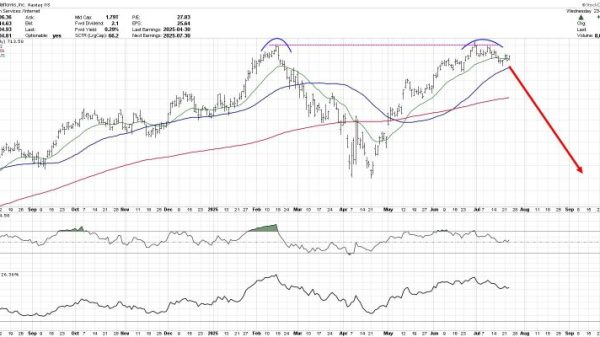A new pioneering Alzheimer’s drug has been rejected for widespread use in the NHS in England.
The announcement comes as the UK’s medicines regulator said that donanemab could be licenced for use in the UK.
However, the health spending watchdog, the National Institute of Health and Care Excellence (NICE), said that it “does not currently demonstrate value for the NHS”.
It is the second time a new Alzheimer’s treatment has been rejected by NICE in a matter of months.
Manufactured by pharmaceutical giant Eli Lilly, donanemab, also known as Kisunla, is a targeted antibody drug that slows down the early stages of Alzheimer’s.
Along with another new Alzheimer’s drug called lecanemab, it has been billed as a huge step forward in research because they both target a known cause of the disease – instead of just treating the symptoms.
Commenting on new draft guidance rejecting the drug, Helen Knight from NICE said: “For NICE to be able to approve a medicine for use in the NHS it must provide additional benefits to patients, and it must also represent a good use of NHS resources and taxpayers’ money.
“Our independent committee looked at all the available evidence, including the benefits for carers.
“This shows donanemab could slow down cognitive decline by four to seven months, but this is just not enough benefit to justify the additional cost to the NHS.
“The cost-effectiveness estimate for donanemab is five to six times above what NICE normally considers an acceptable use of NHS resources.
“I know this will be disappointing news, but this is an emerging field of medicine and there are other treatments being developed.”
In August, the Medicines and Healthcare products Regulatory Agency (MHRA) said that lecanemab was efficient in slowing down Alzheimer’s and made it the first drug of its kind to be licensed for use in England.
However, NICE similarly said that lecanemab would not be rolled out across the NHS because the benefits are “just too small to justify the significant cost”.
Concerns have been raised that the decision would lead to a two-tier system for Alzheimer’s patients – with those able to afford the drug able to access it privately while others who rely on NHS care were left without.
Hilary Evans-Newton, chief executive at Alzheimer’s Research UK, said: “Today’s announcement marks another frustrating setback for people affected by Alzheimer’s disease.
“We finally have two new treatments licensed in Britain for Alzheimer’s, but it’s incredibly disappointing that NHS patients won’t receive them.”
Professor Fiona Carragher, chief policy and research officer at Alzheimer’s Society, said: “Disease-modifying therapies like donanemab and lecanemab offer a new horizon of hope in the fight against dementia.
“MHRA’s approval of donanemab marks another milestone in this journey, but it comes alongside a draft NICE decision not to recommend donanemab for use on the NHS. While this is disheartening, we respect the decision of the regulator.”



























